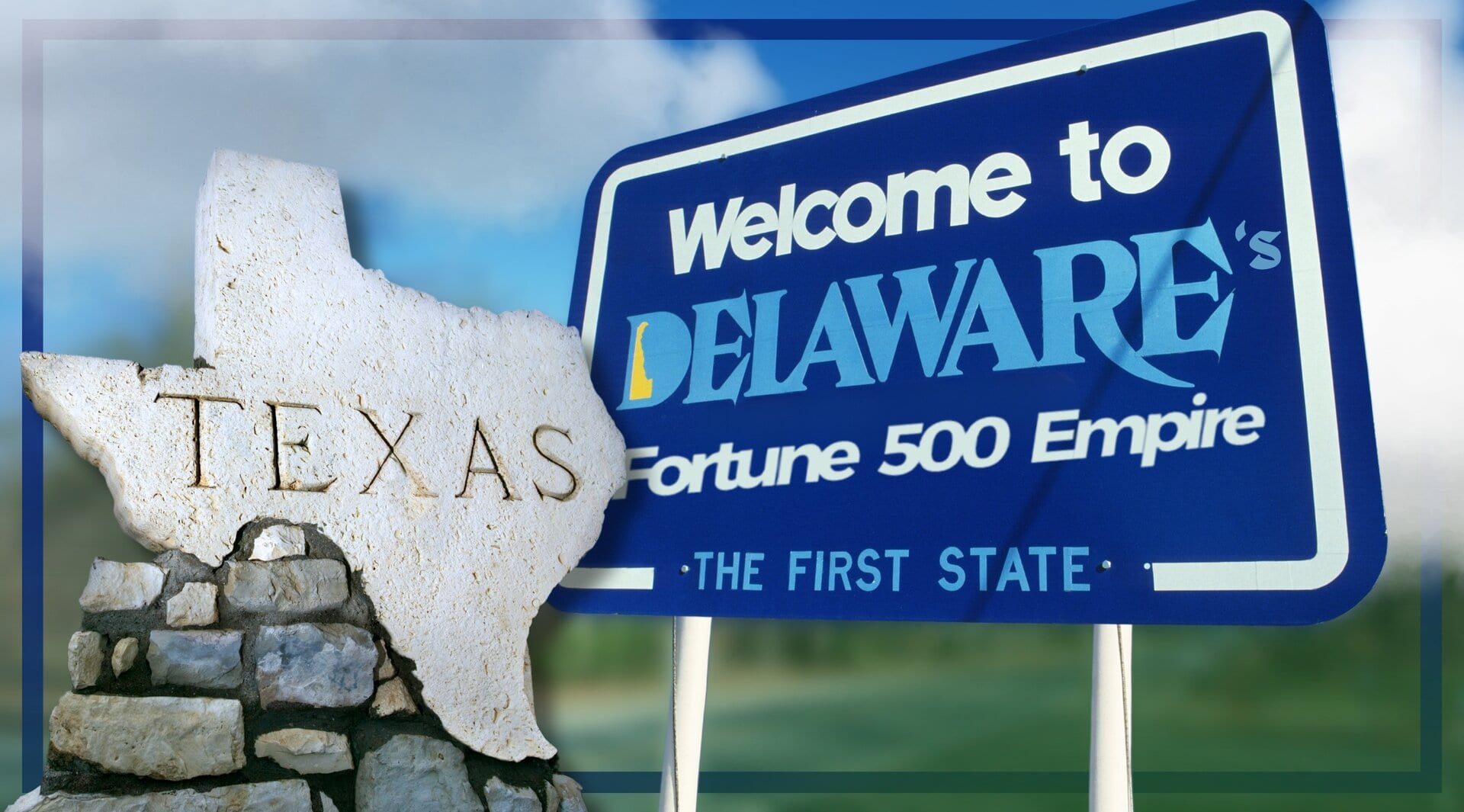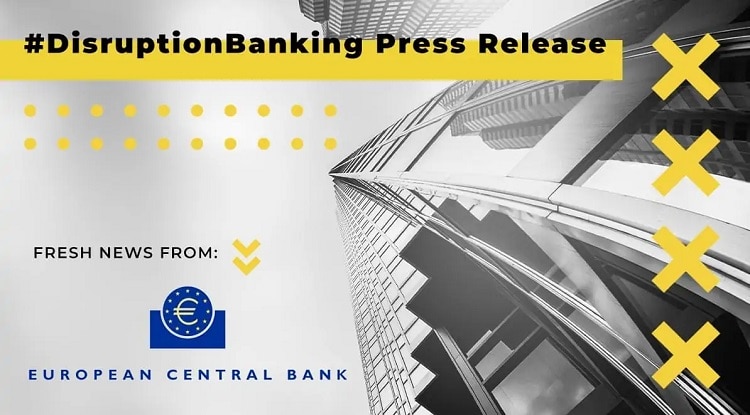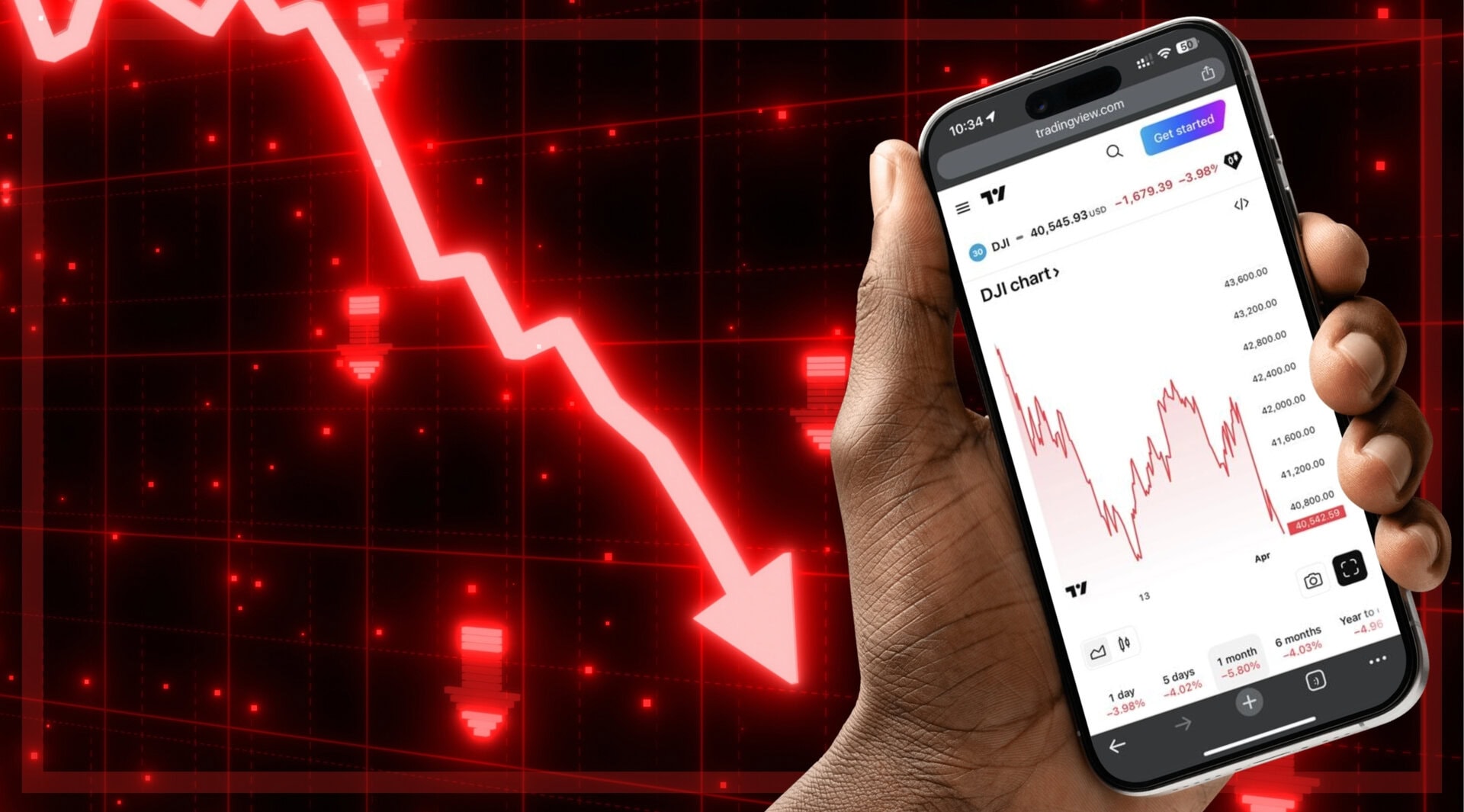Paul Atkins, Trump’s nominee to lead the Securities and Exchange Commission (SEC), was grilled on Thursday the 27th of March by Democratic Senators over concerns for potential conflicts of interest. While Republicans celebrated Atkins as a return to common-sense enforcement at the SEC, Democrats highlighted several potential conflicts, as well as Atkins’ former role as a commissioner at the SEC in the lead-up to the financial crisis of 2008.
Senator Warren’s Schtick
Unsurprisingly, Senator Elizabeth Warren (D-MA) came out guns a-blazing, continuing her recent spree of frenetic activism, which Disruption Banking documented in an article hot off the press last week. Among other items, Warren discussed Patomak Global Partners, a consulting firm, which Atkins founded in 2009 and remains the CEO of to this day. The firm counts banks, fintechs, credit unions, and asset managers among its clients. Chief among Warren’s concerns was that Atkins’ clients will be subject to regulatory enforcement decisions ultimately taken by Atkins.
Senator Warren said: “Your clients pay you north of $1,200 an hour for advice on how to influence regulators like the SEC. If confirmed, you will be in a prime spot to deliver for those clients who have been paying you millions of dollars for years.”
While Atkins has promised to sell his stake in Patomak, valued at $50 million, Warren called on the nominee to commit to disclosing the identity of the buyer who purchases the firm and how much that buyer pays. Atkins evaded the question. Warren persisted, making it clear that she wanted to ensure the buyer would not be purchasing access and special treatment.
Pre-Bribing the SEC Chair?
Atkins ultimately would not commit to Warren’s demands, which clearly exasperated Warren.
She concluded, “Some people would call that a pre-bribe.”
Earlier in the hearing, Warren had questioned Atkins’ role as one of five commissioners at the SEC from 2002 to 2008 in the lead-up to the financial crisis of 2008. Atkins was mum on specifics and would not concede that the SEC had failed to identify or regulate wayward financial actors that caused the crash.
Paul Atkins is a free-market, self-described Milton Friedman acolyte opposed in principle to strict regulatory measures like the Dodd-Frank Wall Street Reform and Consumer Protection Act, which Warren’s close colleague, ousted SEC Chairman Gary Gensler, helped write.
Nevertheless, Senator Warren couldn’t help but further drive home the point:
“This job is about judgment. And holding up on your resume that you were one of the people on the job to exercise judgment in the run-up to the biggest crash since the great depression and now your hindsight is not twenty-twenty. It’s twenty-zero.”
From the Other Side of the Aisle
However, whatever shade Warren was throwing Atkins’ way was short-lived. Soon thereafter, it was newcomer Republican Senator Bernie Mereno’s (R-OH) turn to right the ship.
Moreno said: “Man, you just have to be able to breathe and not be a complete, raging lunatic and you’re going to be the greatest SEC commissioner compared to the last guy. Congratulations for coming after Gary Gensler, who objectively was probably one of the stupidest people in government.”
While many here at Disruption Banking have repeatedly expressed their profound annoyance with Gensler’s “Enforcement by Action” tactics while chairman of the SEC, Senator Moreno’s contribution to the hearing was insignificant and unhelpful. At the same time, there is reason to take Senator Warren’s rhetorical flourishes with a grain of salt, but that doesn’t mean Atkins shouldn’t be thoroughly vetted for such an important position.
How hard does Atkins HODL?
As previously featured in Disruption Banking, there is reason to cheer Atkins at the head of the SEC, if it means he brings long-sought regulatory clarity to the crypto space. That said, it was astonishing that the senators participating in the hearing did not delve deeper into Atkins’ involvement and advocacy for the crypto space.
We detailed some of these connections in our previous coverage (above), but it’s worth exploring in more depth, now that he’s in the hot seat.
While Gary Gensler was skeptical of nearly everything related to crypto and digital assets, Atkins’ firm was heavily involved in the space, as the co-chair of the Token Alliance, board adviser to The Digital Chamber of Commerce, and an adviser to FTX, the moribund cryptocurrency exchange, before its collapse.
At the Token Alliance, Atkins “led industry efforts to develop best practices for digital asset issuances and trading platforms,” according to his bio on Patomak. A recent ethics filing shows that, until February of this year, Atkins was a board member at Securitize, a tokenization firm backed by BlackRock. Additionally, Atkins held up to $500,00 in equity in Anchorage Digital. Atkins is also a limited partner at the investment firm Off the Chain Capital, holding a stake north of $1 million.
Perhaps these details were not emphasized because Atkins has pledged to divest his nearly $6 million in crypto holdings if he gets Senate confirmation. Currently the vote has been delayed.
🚨NEW: A Senate aide tells me there will be no committee vote today on Atkins or other nominees, as is typical practice. Nominees will be required to answer questions submitted for the record ahead of a markup vote. The vote will come at a later date, TBD. https://t.co/Zk3i6aqyUs
— Eleanor Terrett (@EleanorTerrett) March 27, 2025
Atkins would hardly be the first chairman of the SEC to make the long trudge all the way around the revolving door from government to the private sector and back to government.
While the optics are hardly ideal, his situation is not unique. Or perhaps, if it is, it is only so because he would be leading the SEC at a politicized time when so much regulation regarding cryptocurrencies is likely to be established.
Looking to the Future
What’s clear is that Paul Atkins will likely sail through the Senate to confirmation. He wasn’t asked a single meaningful question by the Republican Senators present at the hearing. With a Republican majority in the committee and the overall Senate, his confirmation is a foregone conclusion.
After that, the SEC, headed by Atkins, will likely dictate the legal framework for digital assets going forward. This process may be influenced by whatever legislation Congress offers because, under the new Supreme Court precedents set by Chevron, if Congress doesn’t provide clear guidance, the agency can take the lead.
During the last few years, there was a lot of discussion over whether the SEC or the CFTC should regulate crypto, specifically Bitcoin and Ethereum, the most stable and valuable currencies that also have the special sauce: they are decentralized and autonomous. This ontological quality supports the best claim to being commodities and unassociated with any group of industry professionals, making it more clearly a security.
This all-important distinction, endlessly debated between the CFTC and the SEC, may be less of a contentious issue during Trump 2.0., ostensibly because every agency head seems to have some past involvement or relationship or assets in the crypto space.
Atkins will take the reins at a time when the SEC has been barrelling forward in enforcement cases against crypto firms, which have nearly all been dropped in as many weeks. The industry is looking for clear standards on such issues as custody of customer assets, stablecoins, capital reserve adequacy, and a legal framework for DeFi.
My hunch says that the industry will mostly get to write the future policy and regulate itself, which has gone just great in the past.
Author: Laird Dilorenzo
#Crypto #Blockchain #DigitalAssets #DeFi
Laird Dilorenzo is a hatchet thrower and wordsmith.
The editorial team at #DisruptionBanking has taken all precautions to ensure that no persons or organizations have been adversely affected or offered any sort of financial advice in this article. This article is most definitely not financial advice.
See Also:
Paul Atkins Named SEC Chair: A Fresh Start for Crypto Innovation? | Disruption Banking
With SEC’s SAB 121 Gone, How Soon Will U.S. Banks Start Adopting Crypto? | Disruption Banking
Is the End of the Ripple-SEC Lawsuit a Turning Point for Crypto Regulation? | Disruption Banking
Has Elizabeth Warren Become a Paper Tiger? | Disruption Banking















